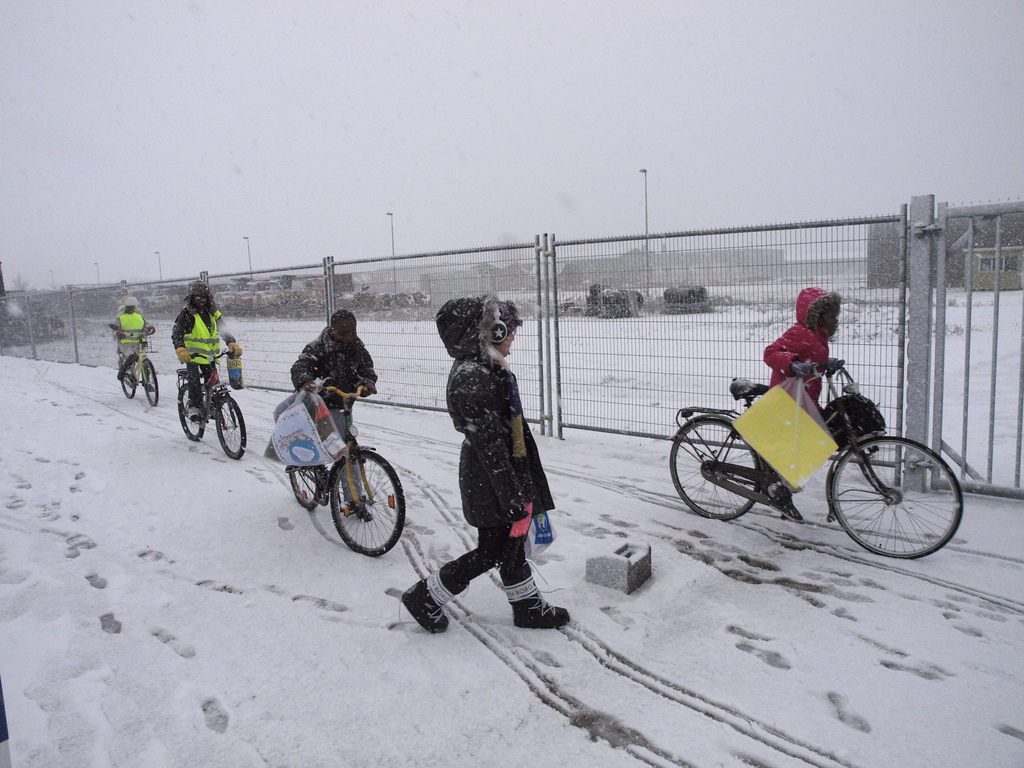One in five vulnerable Syrian refugees are rejected by NL because of their views


Some of the most vulnerable refugees living in camps in Turkey have been rejected by the Netherlands because they have extremist sympathies or are too conservative, the Volkskrant reported on Wednesday.
The Netherlands has agreed to take its ‘fair share’ of refugees under a special scheme worked out with Turkey, but around 20% don’t get final approval, the paper said.
Paul van Musscher, head of the police department charged with monitoring migration and foreign nationals, told the paper that many of them have views which do not dovetail with Dutch values, such as equality between men and women.
Last year, 2,100 Syrian nationals came to the Netherlands via the special arrangement with Turkey, but by the end of July this year only 288 have arrived. In total, 15,000 refugees have moved to the EU via the Turkey deal.
Syrians are recommended for placement by the United Nation’s refugee organisation and are said to be among the most vulnerable living in camps in Turkey. The police and immigration service IND are then brought in to assess the candidates.
Around one in five do not get through this vetting procedure, Musscher told the paper. This is because they may have been involved with extremists or because their beliefs will interfere with their integration into the Netherlands.
Swimming
‘If you say there is no way my children are going into a mixed school class… then your file is marked and you don’t get in,’ the paper quotes him as saying.
The justice ministry also told the paper that some decide not to come to the Netherlands because they don’t agree with Dutch values with regard to equality and diversity.
The Volkskrant points out that these ‘integration criteria’ are not an issue when assessing ordinary applications for refugee status. But they are allowed when deciding if refugees nominated by UNCHR are eligible to come to the Netherlands because this is a special route.
Thank you for donating to DutchNews.nl.
We could not provide the Dutch News service, and keep it free of charge, without the generous support of our readers. Your donations allow us to report on issues you tell us matter, and provide you with a summary of the most important Dutch news each day.
Make a donation